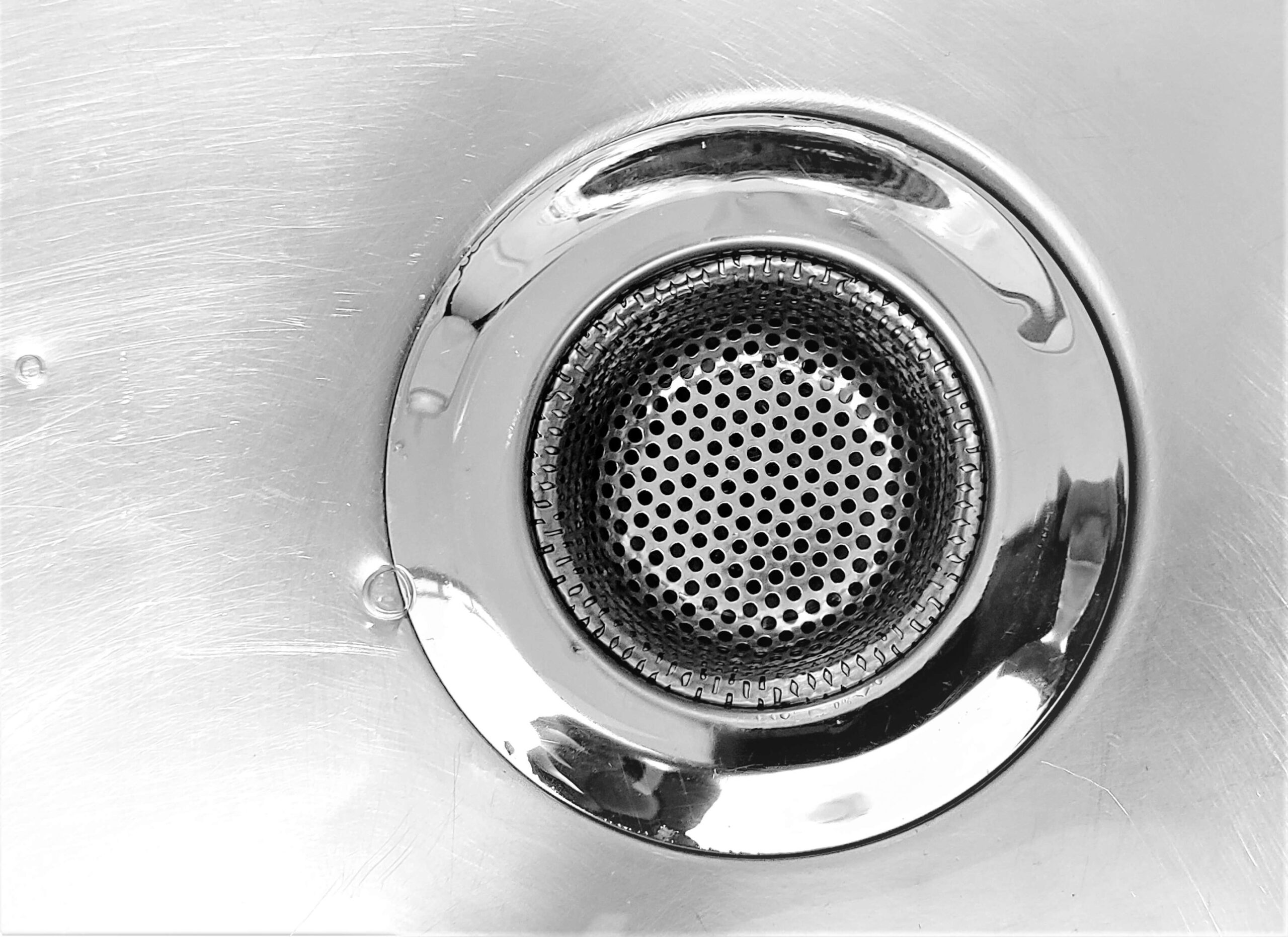
Trying to prevent clogs can be a nuisance, causing disruption in your daily routine and in severe cases, leading to costly repairs.
The key to avoiding these inconveniences is understanding the common causes of clogs and adopting preventive measures to ensure an efficient plumbing system.
So, in this article, we have you covered, exploring the sources of household drain clogs, providing effective tips to prevent them, and guiding you through best practices for maintaining a smoothly running drainage system in your home.
1. Why Regular Maintenance Matters
Maintaining your plumbing system is about more than just dealing with issues as they arise. It’s about taking proactive steps to prevent issues in the first place. Regular maintenance can help you identify potential problems before they escalate, saving money and giving you peace of mind.
Benefits of Regular Maintenance
- Cost savings: By catching minor issues early, you can prevent them from becoming major problems that require expensive repairs, like an extremely clogged drain or burst drain pipe. Did you know that making small repairs to plumbing issues in your home can save you hundreds a year?
- Extended lifespan: Regular maintenance can extend the lifespan of your plumbing system, delaying the need for replacement.
- Peace of mind: Knowing that your plumbing system is in good working order can give you plenty of peace of mind.
2. Identifying Common Culprits of Clogs
Various materials can accumulate in your drain pipes, obstructing the flow of water and leading to clogs or rusted-out pipes. Identifying these common culprits is the first step to preventing them.
Hair
Hair can easily get washed down the drain, clumping together and forming a blockage.
Grease and Oil
Cooking grease and oil can solidify in your pipes, creating a sticky residue that captures other debris and obstructs water flow.
Food Particles
Small food particles washed down the sink can accumulate in the drainpipes, leading to blockages.
Foreign Objects
Sometimes, objects such as toys, sanitary products, or other household items may end up in your drains, causing severe blockages.
3. Kitchen Plumbing: Tips for Avoiding Clogs
Your kitchen sink and garbage disposal are common areas for clogs, especially when food gets caught in system, or it tends to collect cooking grease.
Here are some tips to prevent issues in this area of your house:
Dispose of Cooking Oils Properly
Pouring cooking oils down the sink can lead to clogs. Instead, collect the grease in a container and dispose of it in the trash. Sometimes, chemical drain cleaners can only fix this problem if the build-up is mild.
Use a Sink Strainer
A sink strainer can catch food scraps and other debris, preventing them from entering your drain pipes. This includes catching coffee grounds, which we recommend you do not put down your kitchen sink in the first place.
Run Hot Water After Using the Sink
An easy way to avoid a plumbing problem here is to run hot water down the drain, which can help dissolve and flush away any potential stubborn clog-causing substances.
4. Bathroom Plumbing: Keeping Drains Clear
Clogs in bathroom sinks, showers, and toilets can be prevented with simple strategies. Here are a few ideas to avoid plumbing problems in these parts of your system:
Use Drain Covers
Drain covers can catch hair and other debris, preventing them from causing clogs.
Don’t Flush Non-Biodegradable Items
Flushing non-biodegradable items such as wipes, sanitary products, paper towels, and cotton balls can lead to blockages. Only flush human waste and toilet paper. This goes for kitchen drains too.
Regularly Clean Your Drains
Use a mixture of vinegar, baking soda, and hot water to clean your drains and remove any potential clog-causing substances. This acts as a natural cleaner for more mild cases. If your issue is more severe, you’ll need to call a plumber in for help.
5. Outdoor Plumbing Maintenance is Just as Important
Your outdoor plumbing, including gutters and downspouts, can contribute to clogs and drainage issues and plumbing leaks. Regularly cleaning these areas can prevent blockages.
Carefully clear away any green waste from your guttering to avoid any issues here, and get any holes or cracks in your tiles fixed as soon as possible.
6. DIY Solutions for Minor Clogs
Minor clogs can often be resolved with a few DIY solutions before they reach the point where you need a residential plumber to fix it for you. While you can avoid a fee here by doing it yourself, it’s important to understand that, if not done properly, repairs can likely scale upwards from $250 per job, depending on the amount of work needed to fix the issue.
Using a Plunger
A plunger can create pressure that dislodges the blockage in a number of parts, like the toilet tank, toilet bowl, kitchen sink or other drains in your home. This can also effectively deal with an overflowing toilet caused by a blockage.
Homemade Drain Cleaners
As we noted above, a mixture of vinegar and baking soda can dissolve minor clogs. Pour the mixture down the drain, wait 15 minutes, then rinse with hot water.
Final Note
Understanding the common causes of clogs and adopting preventive measures means you can maintain an efficient and reliable plumbing system.
Regular maintenance, proper disposal habits, and professional inspections can go a long way in keeping your drains clear and your plumbing system running smoothly.
Need a hand? Contact our plumbers to get a quote on your plumbing problem now.



























































